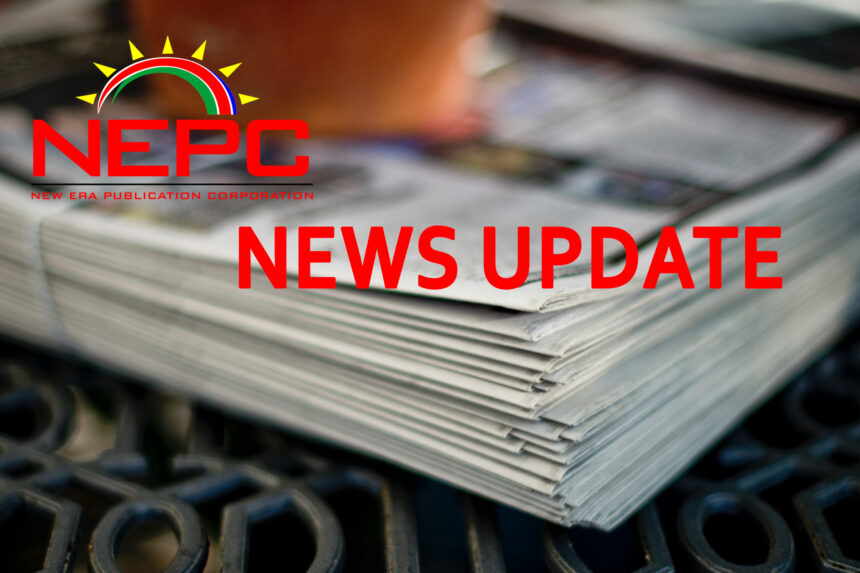President Hage Geingob has without doubt started the year assertively and positively. His administration wants to see a reduction in wasteful spending and effective pragmatic cost-cutting.
Geingob wants all ministries to hold officials accountable if they are found wanting in their duties. He made it crystal clear that all bureaucratic bottlenecks and inefficiencies be remedied forthwith.
He issued an instruction that only essential foreign trips be allowed as some officials are known to have abused this privilege as they seemed mostly interested in the hefty subsistence and daily allowances that went into their pockets and there was little or no value accrued from such trips.
A lot of meaningless domestic trips are also being initiated by some public officials under the guise of duty. Some officials undertake these trips merely to claim overtime, and maybe an audit should be undertaken and those found wanting also be held accountable. During these times of budgetary constraints, we should look for more innovative ways to rein in unnecessary spending, such as to encourage some of these officials to use teleconferencing facilities as this will save us a fortune.
Teleconferencing is one of the most underrated tools in this age of IT technological advances, yet it enables officials from different geographical regions or towns to hold discussions with others in a different town. Another area of concern that needs immediate remedy is the issue of some unscrupulous officials deferring their duties to the weekend so that they could claim ‘overtime’.
Some officials are never in their offices and prefer deferring their duties to weekends or public holidays so that they are paid ‘overtime’. We need to halt this satanic double-dipping.
Another issue is officials attending the annual traditional events organised by their chiefs in far-flung areas at the expense of government or SOEs under the pretext of representing certain ministries and SOEs. This is illogical because all the regions have governors that represent the government. We are not saying officials should not attend these events but these officials should foot their own expenses because these events add little value to these institutions.
Those delegated to represent Namibia at any of the workshops, seminars and other meetings should not travel for the sake of S&T. We expect tangible benefits through improved service delivery and efficiency. Non-sensical travelling, for the sake of S&T or merely to shop, amounts to indirect looting of our meagre public resources and it puts our national coffers under undue pressure, considering the fact there are so many competing needs that our developmental state should cater for.
Government has a social contract and the electorate expects it to provide public roads, quality healthcare, public schools, pay teachers and avail social grants to the needy, among others.
The evil of corruption manifests itself in many ways. It should be fought tooth and nail on all fronts by all Namibians. If left unchecked this beast could bleed our fiscus dry and we will, as a nation, fail to provide for the most basic of requirements for our children such as schools and health services.
Equally heartening is the pronouncement by the Minister of Public Enterprises, Leon Jooste, that board meetings be reduced to a maximum of four for which sitting allowances would be paid and that if there are more than four such meetings this should be done on a pro-bono basis.
Some unscrupulous boards have made a killing, scheduling numerous meetings in a year, which is unacceptable. The new restriction will finally clip their wings and save our resources significantly.
We hope the various ministers will take a cue from Geingob and halt wasteful spending.


